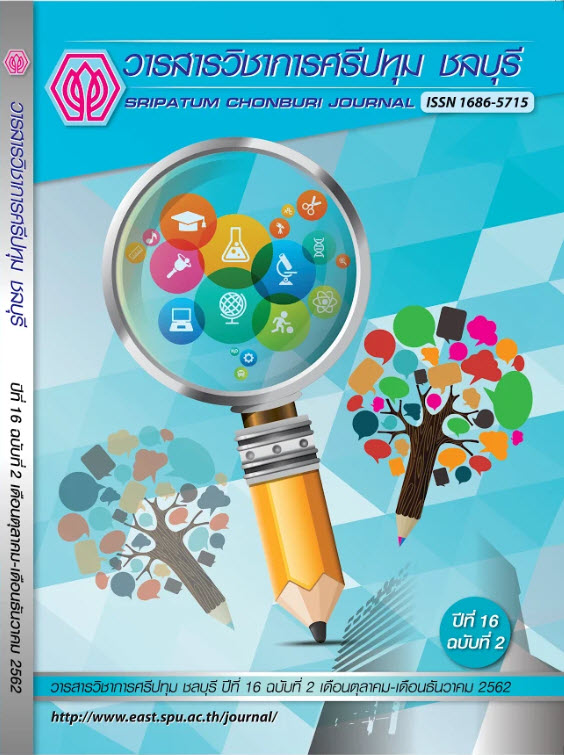THE SECURING OF FUNDAMENTAL RIGHTS AND FREEDOMS OF PEOPLE BY JUDICIARY
Keywords:
securing, fundamental rights and freedoms, judicial bodyAbstract
This article aims to study the securing of fundamental rights and freedoms of people by judiciary which is considered as an important organization in performing duties in judging ad handing down the case according to the mechanism set out under the Procedural Law-to attain the goal of ensuring the rights and freedoms set forth under the Substantive Law because the State’s actions will be examined by the judicial body in accordance with the rules defined under the Principle of Legal State with the Liberal Democracy governance. However, the judicial body consists of the Constitutional Court, the Court of Justice and the Administrative Court that perform duties for judging and handing down the cases according to the substances specified under the established law which eventually result in the considerations of the cases with respect to the rights and freedoms according to the element of crime in the Civil and Commercial Code and the Criminal Code, the considerations on nature of the acts or violations of the rights by government agencies or government officials under the Organic Act on Trial Procedures of the Constitutional Court, B. E. 2561 (2018) and the Act on the Establishment of the Administrative Court and Administrative Procedures, B. E. 2542 (1999) to uncover the essence or substance which constitutes the offence relating to the rights and freedoms, in particular, thus, making the right and freedom cases not to be raised up for consideration in order to create a legal norm in making the society being aware of as to whether such act is a violation of the rights or not. The case mentioned above would result in the securing of rights and freedoms not to be able to fulfill the objectives set out under the Constitution.
References
_______. (2547). สิทธิมนุษยชนในสังคมโลก. กรุงเทพฯ: นิติธรรม.
เกรียงไกร เจริญธนาวัฒน์. (2561). หลักพื้นฐานกฎหมายมหาชน (พิมพ์ครั้งที่ 4). กรุงเทพฯ: วิญญูชน.
_______. (2561). รัฐ รัฐธรรมนูญ และกฎหมาย (พิมพ์ครั้งที่ 9). กรุงเทพฯ: วิญญูชน.
เฉลิมพงษ์ ถือดียิ่ง. (2555). ปัญหาผู้มีอำนาจฟ้องคดีต่อศาลรัฐธรรมนูญ. วิทยานิพนธ์นิติศาสตรมหาบัณฑิต สาขาวิชากฎหมายมหาชน, คณะนิติศาสตร์ มหาวิทยาลัยธรรมศาสตร์.
พระราชบัญญัติประกอบรัฐธรรมนูญ ว่าด้วยคณะกรรมการสิทธิมนุษยชนแห่งชาติ พ.ศ. 2560. (2560, 12 ธันวาคม). ราชกิจานุเบกษา. เล่ม 134 (ตอนที่ 123 ก), หน้า 1-24.
พระราชบัญญัติประกอบรัฐธรรมนูญ ว่าด้วยวิธีพิจารณาความศาลรัฐธรรมนูญ พ.ศ. 2561. (2561, 2 มีนาคม). ราชกิจจานุเบกษา. เล่ม 134 (ตอนที่ 123 ก), หน้า 1-31.
อวิการัตน์ นิยมไทย. (2561). ศาลรัฐธรรมนูญและวิธีพิจารณาคดีรัฐธรรมนูญ ตอนที่ 1 แนวคิดเกี่ยวกับศาลรัฐธรรมนูญ. วารสารจุลนิติ, 15(3), หน้า 141-154.
Downloads
Published
Issue
Section
License
บทความทุกบทความเป็นลิขสิทธิ์ของวารสารวิชาการศรีปทุม ชลบุรี



